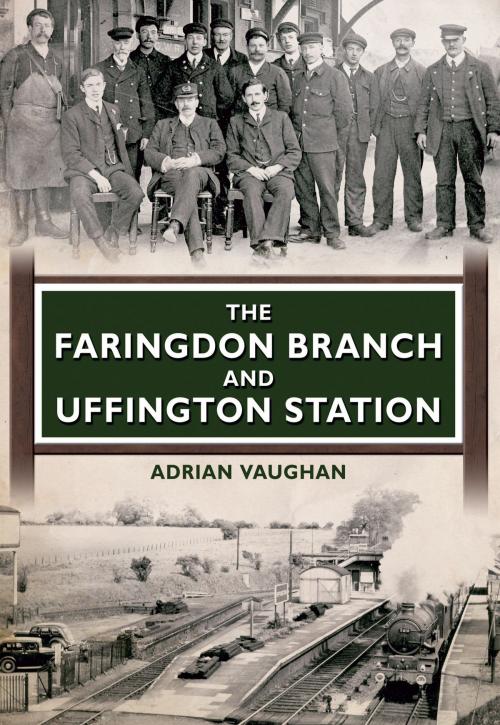The Faringdon Branch and Uffington Station
Nonfiction, Reference & Language, Transportation, Railroads| Author: | Adrian Vaughan | ISBN: | 9781445624181 |
| Publisher: | Amberley Publishing | Publication: | November 15, 2010 |
| Imprint: | Amberley Publishing | Language: | English |
| Author: | Adrian Vaughan |
| ISBN: | 9781445624181 |
| Publisher: | Amberley Publishing |
| Publication: | November 15, 2010 |
| Imprint: | Amberley Publishing |
| Language: | English |
The Great Western Railway's main line from London to Bristol, opened throughout in 1841, passed by the ancient market town of Faringdon at a distance of 3A miles to the south. This bypassed town began to go into decline, and planning for a broad gauge railway to connect Faringdon with the GWR main line and thus re-establish a link with the outside world began in 1860. The Faringdon branch railway was built out of equal parts of local patriotism, personal prestige and the desire to improve the business prospects of the town. After the opening of the line, in 1864, new industries were created in the town. Farmers were able to send milk to London. Employment prospects were improved. The railway served the area well through the summer of England's Imperial power and through the miserable winter of an enormous war. With the introduction of the petrol-engined lorries and buses after the Great War, its freight and passenger traffic was gradually taken away. The directors of the GWR knew it was a liability as early as 1925, but they ran it at a loss all the same. It was not closed to passengers until December 1951 and to freight in 1964.
The Great Western Railway's main line from London to Bristol, opened throughout in 1841, passed by the ancient market town of Faringdon at a distance of 3A miles to the south. This bypassed town began to go into decline, and planning for a broad gauge railway to connect Faringdon with the GWR main line and thus re-establish a link with the outside world began in 1860. The Faringdon branch railway was built out of equal parts of local patriotism, personal prestige and the desire to improve the business prospects of the town. After the opening of the line, in 1864, new industries were created in the town. Farmers were able to send milk to London. Employment prospects were improved. The railway served the area well through the summer of England's Imperial power and through the miserable winter of an enormous war. With the introduction of the petrol-engined lorries and buses after the Great War, its freight and passenger traffic was gradually taken away. The directors of the GWR knew it was a liability as early as 1925, but they ran it at a loss all the same. It was not closed to passengers until December 1951 and to freight in 1964.















